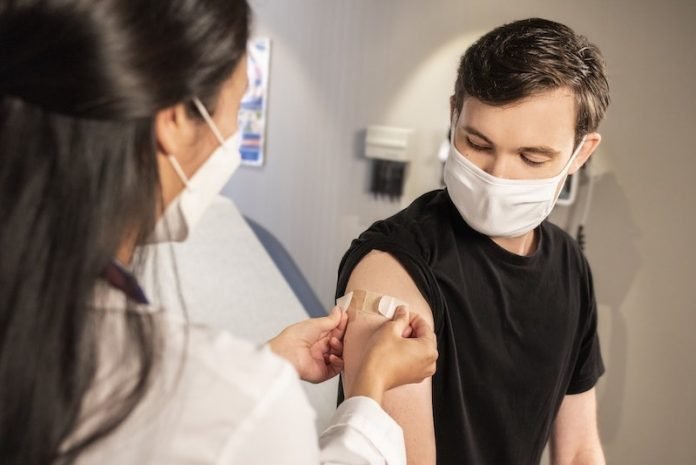
In a recent study, researchers found that COVID-19 antibodies produced by the Pfizer vaccine decreased sharply in senior nursing home residents and their caregivers six months after receiving their second shots.
The study is from Case Western Reserve University. One author is David Canaday.
In the study, the team examined blood samples of 120 Ohio nursing home residents and 92 health care workers.
In particular, they looked at humoral immunity—also called antibody-mediated immunity—to measure the body’s defenses against the coronavirus.
The researchers found that individuals’ antibody levels decreased more than 80% after six months; the results were the same in seniors (median age 76) and caregivers (median age 48) and old alike.
The sharp decline is particularly problematic for the seniors, because earlier research found that within two weeks of receiving the second dose of vaccine and being considered “fully vaccinated,” seniors who had not previously contracted COVID-19 already showed a reduced response in antibodies that was substantially lower than the younger caregivers experienced.
By six months after vaccination, the blood of 70% of these nursing home residents had very poor ability to neutralize the coronavirus infection in laboratory experiments.
The results support the CDC’s recommendation for booster shots—especially for the elderly—due to fading immunity. And that boosters are even more important as the Delta variant spreads nationwide.
Early in the pandemic, higher COVID-19 mortality among nursing home residents led to making them a priority for vaccination.
Most nursing home residents received the Pfizer vaccine under the emergency use authorizations because it was the first available vaccine on the market.
Copyright © 2021 Knowridge Science Report. All rights reserved.



